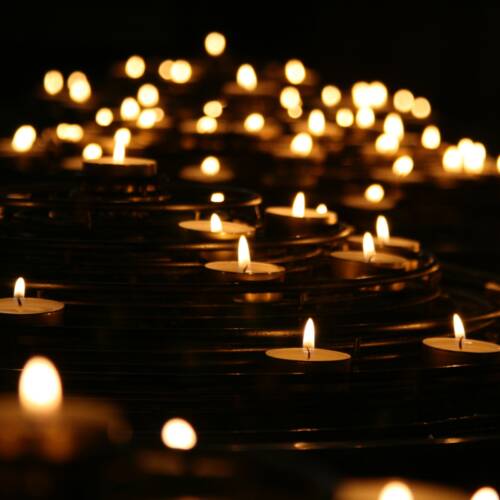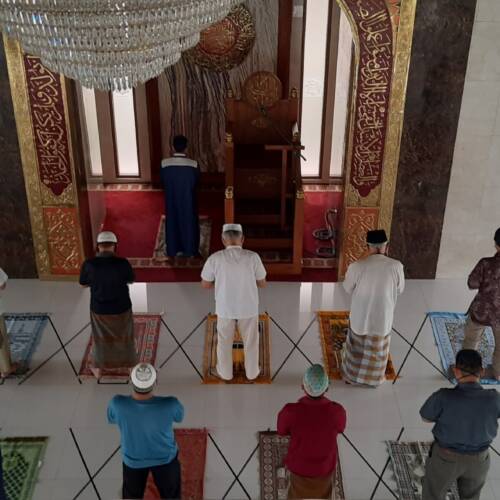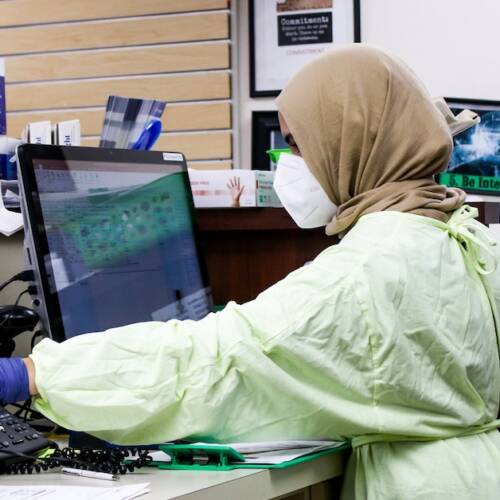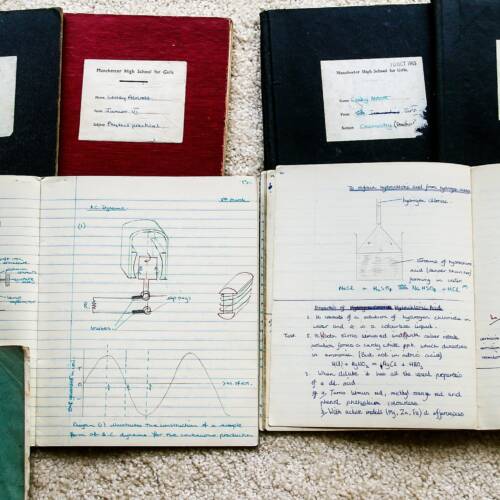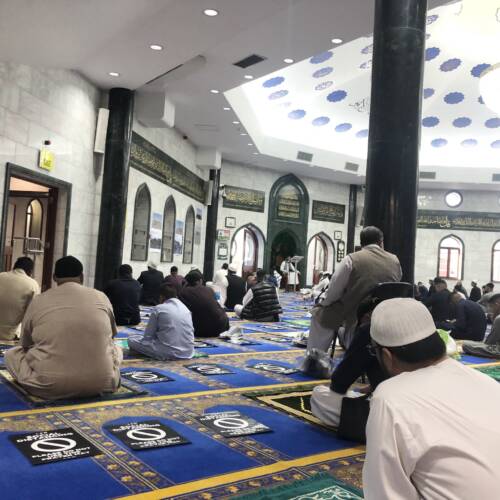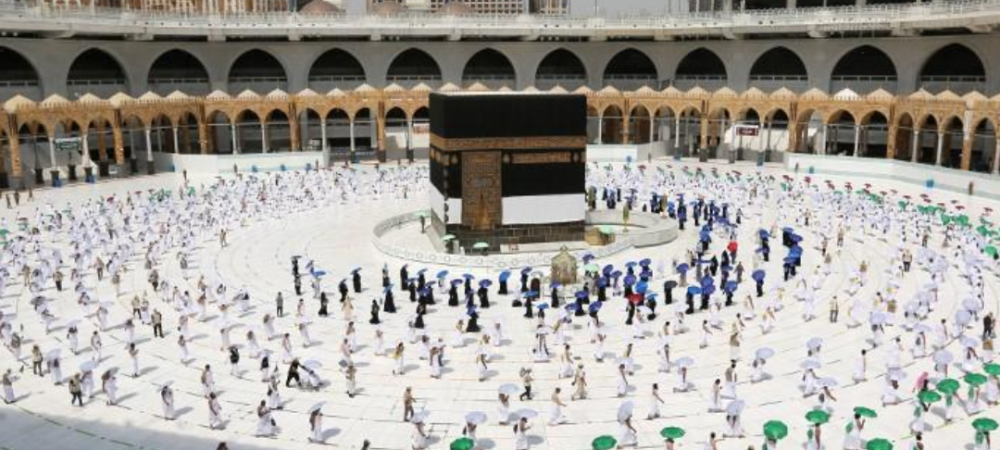
As the First Socially-Distant Hajj Continues, British Muslims Look To 2021
30 Jul 2020Each year, more than 2 million Muslims from around the world travel to the holy cities of Mecca and Medina for Hajj. However, the coronavirus outbreak put a hold on many things, and Hajj was no exception. As a result, Muslims around the world missed out as Saudi Arabia reportedly permitted just 1,000 of its own residents and citizens to take part. It was clear that the experience would be very different this year and British Muslims were urged to refrain from making plans due to the uncertainty.
“Usually, in the lead up to Hajj, we would have been very busy preparing all the documentation for the Hujjaj (pilgrims),” says Dawood Masood, Director of Quba Tours. “However,” he continues, “not being able to go this year made us realise how grateful we are to visit the Holy Lands. I miss hearing the duas (prayers) of the elderly pilgrims and making new friends for life on the journey. It really hit me hard and made me realise how lucky we are when we have the opportunity to go.”
For those who made plans, grappling with cancellations and refunds has been challenging. A Hajj travel package can typically cost between £2,000-£8,000 per person. In total, British Muslims spend around £125 million annually, according to the Council of British Hajjis. For many, this represents years of savings and trying to get refunds or finding ways to defer travel to another time can mean the difference between attending Hajj again or not.
Qari M Bilal, Founder of the Greengate Trust, planned a unique experience this year called “Soul’s Journey Hajj” with prominent scholars and visits to other historic and holy sites in the region.
“More than thirty of us were ready to go. We each paid a £1,000 deposit but as soon as coronavirus happened there was so much confusion. At first, we were warned that our bookings would be cancelled. Then our travel agent thought that the Hajj Ministry would set visa quotas for different countries, so we waited. Some of us were worried about the risks with coronavirus while also being concerned that we’d lose our deposits if we cancelled the bookings prematurely. Most of us were prepared to lose our deposits for the sake of our health but we were eventually told that our bookings were cancelled. We’re not likely to see our refunds until February next year,” he said.
Tour operators face a period of immense uncertainty too given the loss of livelihood and potential bankruptcy as they try to re-book or refund travel packages. Beyond this, however, for operators and group leaders, the task of helping fellow Muslims visit the Holy Lands is a profoundly meaningful and rewarding one. It is a story of friendships made and of the happiness one feels at helping others fulfil one of the main pillars of their faith.
Qari Bilal was especially looking forward to Hajj this year given that he had not been since before a hip operation in 2015. Describing what Hajj means to him, he said, “Hajj is an opportunity to cleanse yourself from your sins, or materialism, and to be near God. You return like a newborn baby.”








